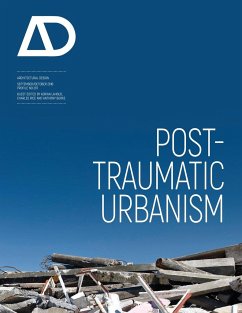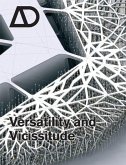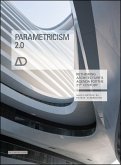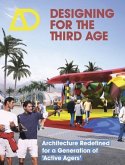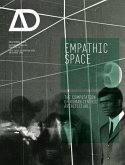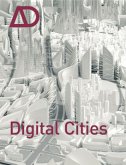Urban trauma describes a condition where conflict or catastrophe has disrupted and damaged not only the physical environment and infrastructure of a city, but also the social and cultural networks. Cities experiencing trauma dominate the daily news. Images of blasted buildings, or events such as Hurricane Katrina exemplify the sense of 'immediate impact'. But how is this trauma to be understood in its aftermath, and in urban terms? What is the response of the discipline to the post-traumatic condition? On the one hand, one can try to restore and recover everything that has passed, or otherwise see the post-traumatic city as a resilient space poised on the cusp of new potentialities. While repair and reconstruction are automatic reflexes, the knowledge and practices of the disciplines need to be imbued with a deeper understanding of the effect of trauma on cities and their contingent realities. This issue will pursue this latter approach, using examples of post-traumatic urban conditions to rethink the agency of architecture and urbanism in the contemporary world. Post-traumatic urbanism demands of architects the mobilisation of skills, criticality and creativity in contexts in which they are not familiar. The post-traumatic is no longer the exception; it is the global condition.
Contributors include:
Andrew Benjamin
Ole Bouman
Tony Chakar
Mark Fisher
Christopher Hight
Brian Massumi
Todd Reisz
Eyal Weizman
Slavojiek
Counterpoint critics:
Jayne Merkel
Craig Whitaker
Encompasses:
Urban conflict
Reconstruction
Infrastructure
Development
Climate change
Public relations
Population growth
Film
Hinweis: Dieser Artikel kann nur an eine deutsche Lieferadresse ausgeliefert werden.
Contributors include:
Andrew Benjamin
Ole Bouman
Tony Chakar
Mark Fisher
Christopher Hight
Brian Massumi
Todd Reisz
Eyal Weizman
Slavojiek
Counterpoint critics:
Jayne Merkel
Craig Whitaker
Encompasses:
Urban conflict
Reconstruction
Infrastructure
Development
Climate change
Public relations
Population growth
Film
Hinweis: Dieser Artikel kann nur an eine deutsche Lieferadresse ausgeliefert werden.

